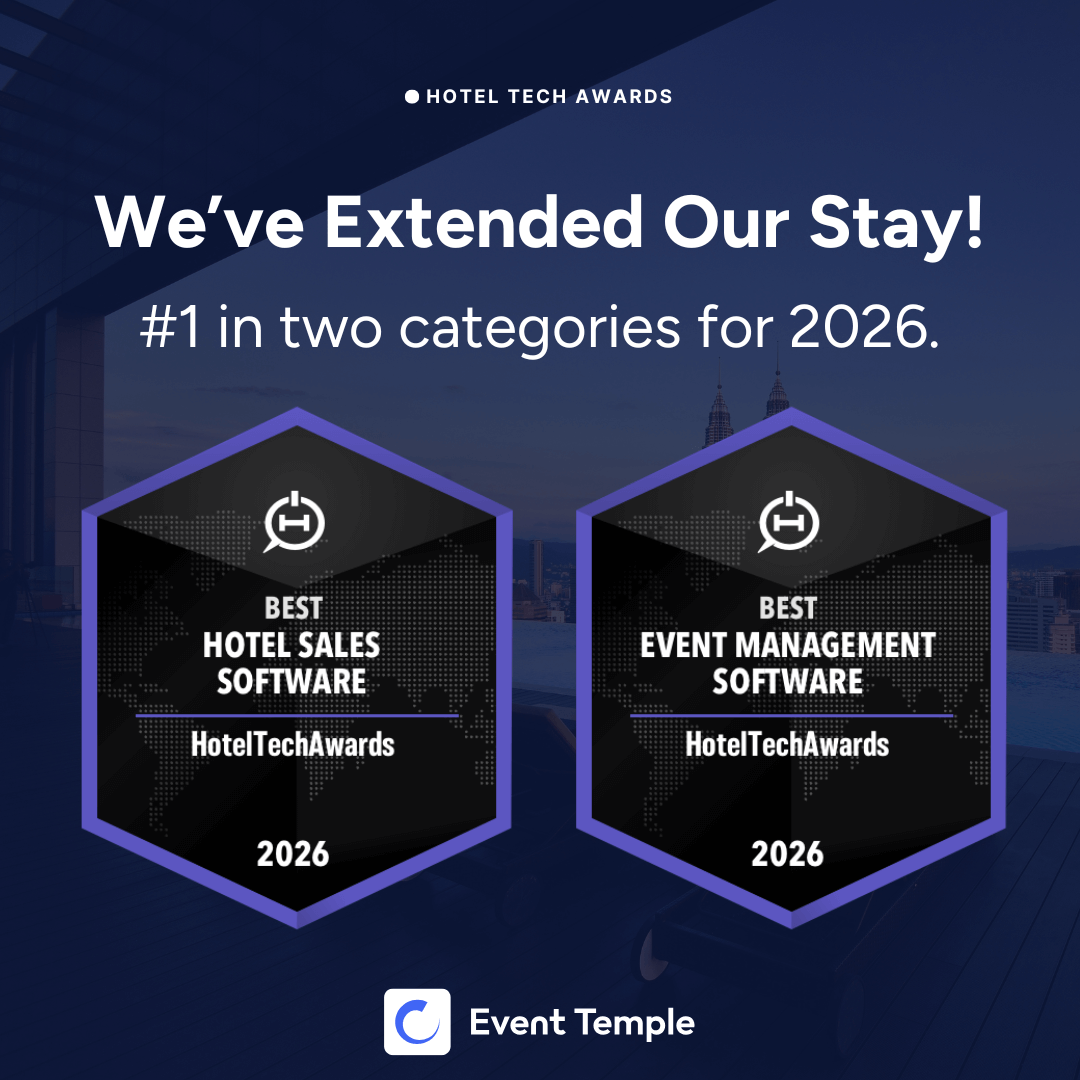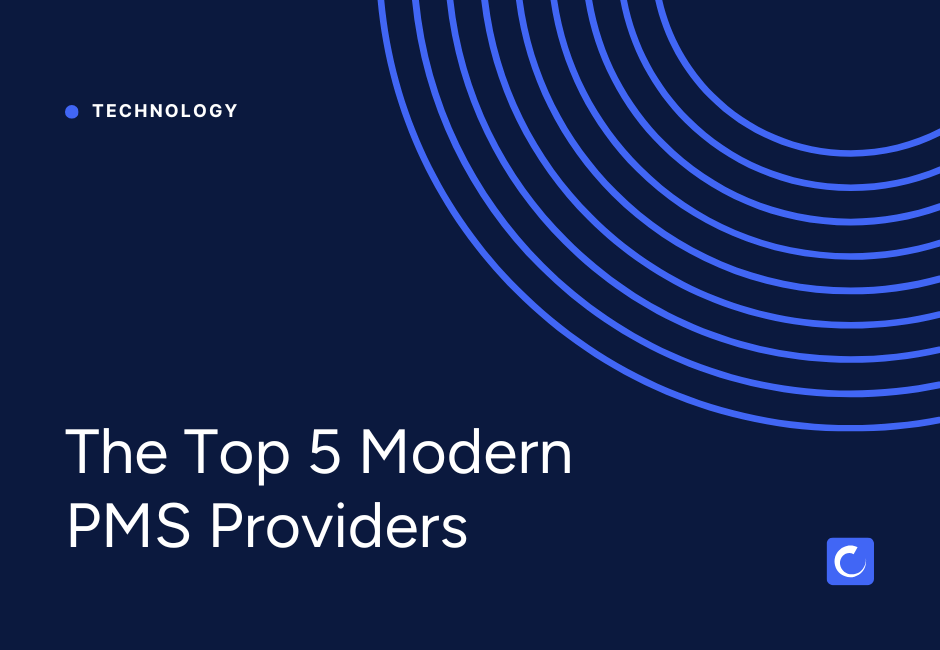
It is commonly known that dynamic pricing for hotel rooms has a great impact regarding the increase of revenue for hotels of all sizes and types. If dynamic pricing is a success factor, what prevents us from adapting it for meetings & events?
What is Dynamic Pricing?
Dynamic pricing in the context of a hotel refers to the practice of adjusting room rates based on various factors and real-time market conditions. Unlike fixed pricing, where room rates remain constant, dynamic pricing allows hotels to set prices that can change dynamically in response to factors such as supply and demand, timing and competitors.
How Dynamic Pricing be applied to Meetings and Events?
Like guest rooms, meetings and events can have fluctuations in supply and demand, timing and competitor pricing. As a result, by applying dynamic pricing, you are ensuring that your properties meetings and events are maximizing profitability.
The 5 perceived hurdles to dynamic pricing for meetings and events – and how to overcome them:
There are 5 common reasons why people feel that they cannot apply dynamic pricing to their hotels meetings and events business. However, some of these can be overcome in many cases:
#1 customers do not accept dynamic pricing for meetings & events
It is commonly accepted that supply and demand set the price. Why shouldn’t customers accept it when they are already used to it with hotel rooms, flights, etc.? Function space charges do have a great potential to be yielded as well as minimum revenue rates for function spaces. Even prices for food and beverages could be yielded depending on demand. From our experience we can say that it is easier to argue if the F&B services are combined in a package or at least in a basic package with options.
#2 my pricing policy will be transparent to competitors
As several rate shopping tools and RFP Portals do exist, your competitors are able to check your prices either way if they like to. Transparency is even more crucial today, especially towards your customers. It is the key in order to gain their acceptance of dynamic pricing. You should definitely provide them with an overview to let them find out easily which date does fit their budget best.
#3 it’s hard to catch demand and booking behaviour for meetings & events
Demand for meetings & events does have a different metric than demand for hotel rooms. The perfect way of measurement does not exist but recording demand in the unit of square meters has been very useful. Similar to the lodging sector, quality and integrity of demand data is very important. Do you record UNC data? UNC stands for ‘unable to confirm’ and tags business which must be refused by the hotel or location due to a lack of availability. UNC data is crucial to gain a realistic view of your demand which is needed to align your pricing properly to the whole demand.
#4 there a are a lot of factors to be considered if a request will be accepted or denied
As you might be very selective which request will be accepted or denied in times of high demand, you will agree that a lot of things play a role in this decision making. Why would you deny a request? Basically you would deny a request if it has a low revenue potential compared to what would be a potential revenue in high demand times. Instead of acceptance or denial you might think of which revenue you would like to generate by selling your function space and F&B services. You could set a minimum of revenue instead of denying any request, so the customer can decide if he or she is willing to accept the price.
#5 Dynamic pricing collides with fixed prices for local companies and recurring customers
Corporate contracted package prices and function space charges can be found in agreements that hotels make with companies in order to establish a regular business relationship. Companies usually negotiate a slightly lower price and promise a certain volume of business in return as recurring customers. The advantage for the companies is obvious: the fixed, reduced rate promises planning security for costs. They are therefore happy to stick to it.
Do you ever seriously check if their promise in return has been fulfilled? You might stick to fixed prices for your contract customers and on the other hand offer dynamic public rates. In many cases contracts with fixed rates contain “black out dates” and/or “no last space availability” which exclude customers with fixed rates from booking certain dates because it would mean a loss in revenue for the hotel or event location.
We made a way out how to let recurring customers take advantage of dynamic pricing: Instead of negotiations about the price, you might offer a discount on the public rate depending on how many events have been booked in the previous year. The advantage of this concept is, that there is a much lower effort to check on all further conditions except the price, e.g. setting black out dates on the other hand customers take full advantage of a discount.
Tying it all together:
As you can see: dynamic pricing for meetings & events is not ‘rocket science’. The first step is achieving the required level of data quality. All other hurdles are ‘in-head-hurdles’. If you are willing to define generally valid pricing rules and provide transparency for your customers, then nothing will prevent you from implementing dynamic pricing successfully in the meetings & event sector.
About MICERATE:
MiceRate is the first automated Revenue Management System for MICE which includes events such as weddings, meetings, incentives, conferences etc. As an add-on we provide you with an IBE and a quotation tool in order to support the convention & banquet sales team. We integrate with Event Temple.
Looking for more ideas regarding dynamic pricing? Head to https://www.micerate.de/en/micerate-home-booking-engine-und-yield-management/.



